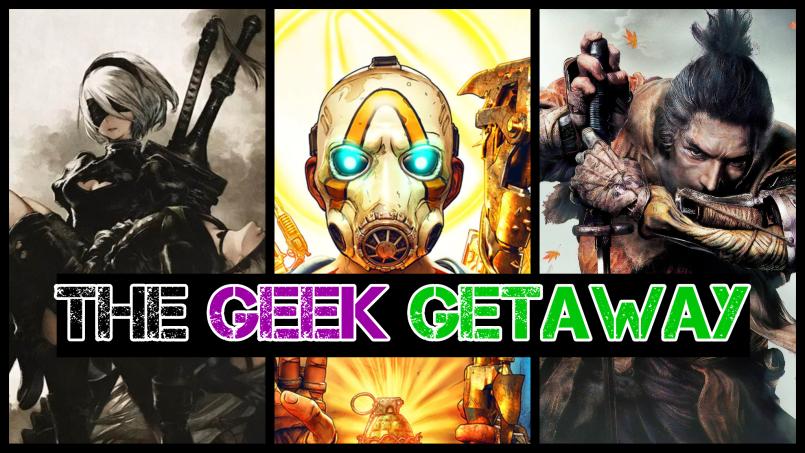 |
| This is a good company to buy from! art by Pablo Romero |
 |
| Will the reputation of EA hurt Jedi Fallen Order? |
 |
| Trying to be inclusive by excluding will never work |
A rock and a hard place
It's all too tempting to just let cynicism do the talking and say "screw it." This seems to be especially amplified when it comes to anything EA or Star Wars related. I already highlighted EA's problems so there is no reason to retread that territory. However, Star Wars treatment under Disney's management should be noted to be, less than stellar. And that is, at best, putting it lightly. With the very name "Electronic Arts" being tainted and all the well-poisoning that has gone on with Star Wars, you can't blame more than a few fans for being jaded. By that same token, it becomes easier to take the old adage of "extraordinary claims require extraordinary evidence" when something to the contrary, such as Jedi Fallen Order being good, pops up. Be it heightened nostalgia, pent-up animosity or disillusionment, justified or otherwise, even a genuinely solid work could be dismissed out of hand for guilt by association. In Fallen Order's case, which there's undoubtedly praise from many, it wouldn't take much effort to look at social media to find those still not touching it. The Worth A Buy's "thumbs up" review by Mack is rife with remarks over how Jedi Fallen Order still emblematic of AAA malaise. Mack also laments that Jedi Fallen Order is not in the same vein as the old Jedi Academy or Dark Forces games, which he sees as a negative. This is despite comments to his review suggesting he may not have been as fair as he'd otherwise be.
The Worth A Buy review of Fallen Order which is still positive,
shows cynicism seeping into the critique.
Then there's the nigh inevitable clash over how to confront this conundrum, which could all too easily devolve into heated feuds. Although this has not happened with Fallen Order, at least for the moment, another relatively recent case comes to mind: Ion Fury. The specifics of the fiasco surrounding that particular title has been covered by TonyTGD on this site as well as by Sophia Narwitz on Medium. Suffice it to say, debate and disputes emerged over how to respond. Regardless of where one stood over the game being boycotted or not, Voidpoint's innocence or complicity (even if only by association), 3DRealms' questionable antics potentially compromising the game, the impasse remained.shows cynicism seeping into the critique.
Granted, concerns that such controversy and drama would overshadow the title itself were rendered moot(it has a 95% positive rating on Steam as of the publication of this article). It nonetheless laid the problem bare for all to see: Is it good to support the kind of works and creators you'd like to see more of if they come attached to bad companies? Is it good to sacrifice them if it means not enabling such bad companies from having their way? Is it even worth caring about it?
Vara Dark discusses Ion Fury
No silver bulletThis isn't to discount the value of putting unethical publishers to account through boycotts or the overall applicability of voting with your wallet. Neither is Razorfist, in the context of Hollywood's declining returns, wrong in ranting about how no one's obligated to buy from people who not only deliver sub-par work but also hate their audience.
Still, the conundrum highlights how dealing with those shades of gray isn't so straightforward. That there's no silver bullet or "one size fits all" solution is part of why the Ion Fury affair turned out the way it did. As alluring as it may be to slide into cynicism or apathy, there are still options on hand even if on a case by case basis. If you really want a game but don't want to reward a bad company you could buy it second-hand, wait for a sale, or borrow it from someone. You could still enjoy a game like Fallen Order and express support for studios such as Respawn while remaining wary of EA. In fact, you could buy Jedi Fallen Order and email EA directly to let them know why you bought it but don't support EA. Such options aren't the most ideal solutions but while they're not a win-win they are at least palatable. It needn't always be a zero-sum game, at least that is how I see it.
*All images are owned by their respective copyright holders and are used under fair use guidelines

Comments
Post a Comment